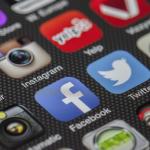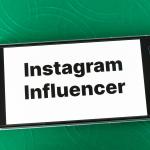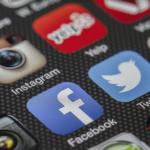“Our lack of desire to communicate science to the public has created major problems for the science community,” the journal Nature reported in June 2016.
social media
“Operation Warp Speed was a tremendous success and one that I was pleased to support from the beginning.
The researchers were interested in when journalists used more intuitive language associated with System 1 (gut, visceral) thinking instead of System 2 more analytic, balanced words.
“Celebrities are particularly influential. On social media, celebrities are perceived as fellow users but also as more credible than ordinary users and more trustworthy than television advertisements.
People will do a lot of things for money, but getting a COVID vaccine seems to be one of the rare exceptions.
A desire to stop the spread of COVID-19 misinformation has fueled increasingly intense efforts to restrict speech on social media platforms.
The study design was simple, asking participants to consider various reviews of consumer products or stores. In each case, the information was unchanged; they only changed the article's tone, with a control and two levels of anger.
We are born with certain instinctual behaviors. By what every means it is passed along, all of us have a fight or flight instinct when faced with danger. Can we all agree that when we fear for our lives, all of us fight or flee?












